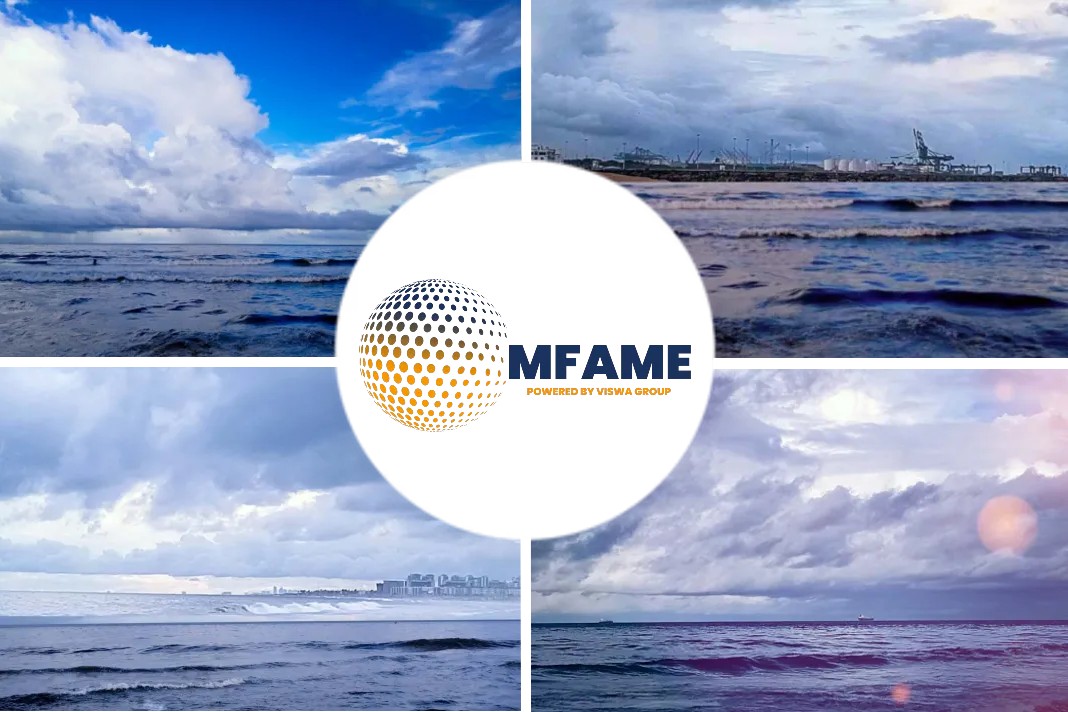On 23 June 2018, a collision occurred between a tanker and the jetty in the Port of Rotterdam – Europe’s biggest seaport, resulting in a heavy fuel oil (HFO) spill.
What happened?
The tanker and the jetty collision in the port of Rotterdam caused a heavy fuel oil spill. The immediate mitigation actions taken by the crew of the vessel and resources on-shore, 217 tonnes of HFO are estimated to have spilled from the fuel tank.
Dr Sian Prior, Lead Adviser for the Clean Arctic Alliance said, “This is an environmental disaster for the local area and a stark reminder of the need to urgently ban the use and carriage of heavy fuel oil by Arctic shipping to prevent similar disasters happening in the Arctic”.
Clean-up operation underway
A massive clean-up has been initiated and efforts are being undertaken to rescue oiled birds, but it seems likely that not all affected animals will be saved. According to the Port of Rotterdam, the clean-up operation could take days if not weeks.
Birds affected by oil spill
Various reports indicate that over 1,000 birds have so far been affected by the oil, including hundreds of swans which have been taken to a nearby bird sanctuary for treatment once the birds have been stabilised.
Clean up operations hampered
The clean up operations are hampered by limited availability of equipment and personnel to recover the oil, absence of safe holding or disposal locations for recovered oil, and complete absence of wildlife rehabilitation facilities mean that an effective response would be virtually impossible depending on the local conditions, oil spill response equipment might not be suitable, and oil could get stuck under sea ice and travel long distances before it seeps out again, with no prediction as to where that will happen.
Dr Prior said, “A HFO spill is a tragedy anywhere in the world, and our thoughts are with those mounting the wildlife rescue and clean-up operations in the Netherlands. This residue of the oil refining process should be banned for use in ecologically sensitive areas, including the Arctic in order to minimise the risk of environmental damage in the event of a spill”.
Did you subscribe for our daily newsletter?
It’s Free! Click here to Subscribe!
Source: Clean Arctic Alliance

























